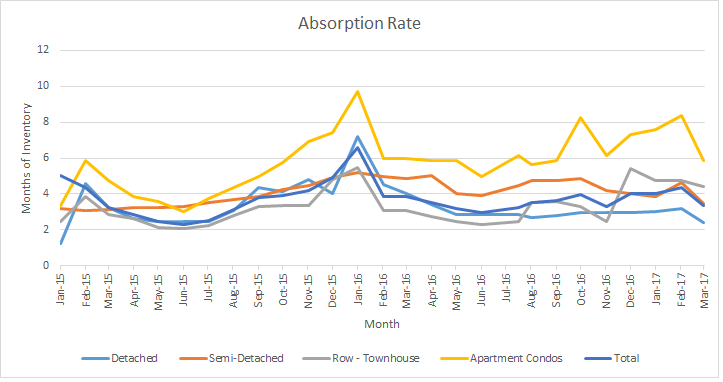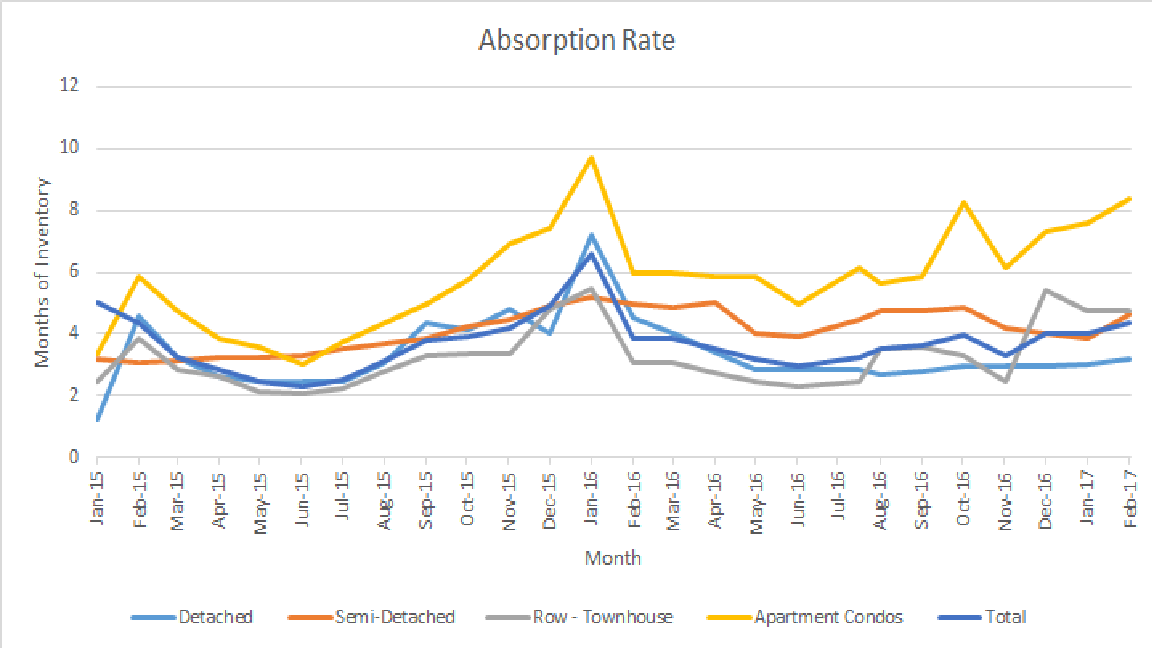When you’re about to sell your home, it may be disheartening to see so many other properties for sale in your neighbourhood. You may be thinking, “That’s a lot of competition! Will our property get noticed?”
Fortunately, there are many proven strategies for standing out in a sea of For Sale signs.
First of all, keep in mind that many home purchasers come from the REALTOR’S personal network of buyers who want to move into your area. So, choosing the right REALTOR® is crucial.
Second, remember that when there are other properties for sale on your street, curb appeal becomes even more important. There are many simple things you can do to make your property look great to those driving around looking at homes. Make sure your property looks as picture perfect as possible.
In a competitive market, it’s also more important than ever to highlight features of your home that are unique and enticing. If, for example, you have a large backyard deck and brand new hardwood flooring, make sure these are mentioned prominently on the feature sheet.
Finally, be as flexible as you can be when scheduling viewings and open houses. Don’t forget that other listed properties in your neighbourhood draw in buyers, who may notice your home. It’s not uncommon for a buyer to view a property and then scout the neighborhood. So, you want buyers to be able to see your home on short notice and at a convenient time for them. If there are several other nearby properties for sale, it means things are hot from a real estate point of view. You want to roll out the red carpet to buyers.
Looking for help selling your Calgary home quickly and for the best price? Call today!

